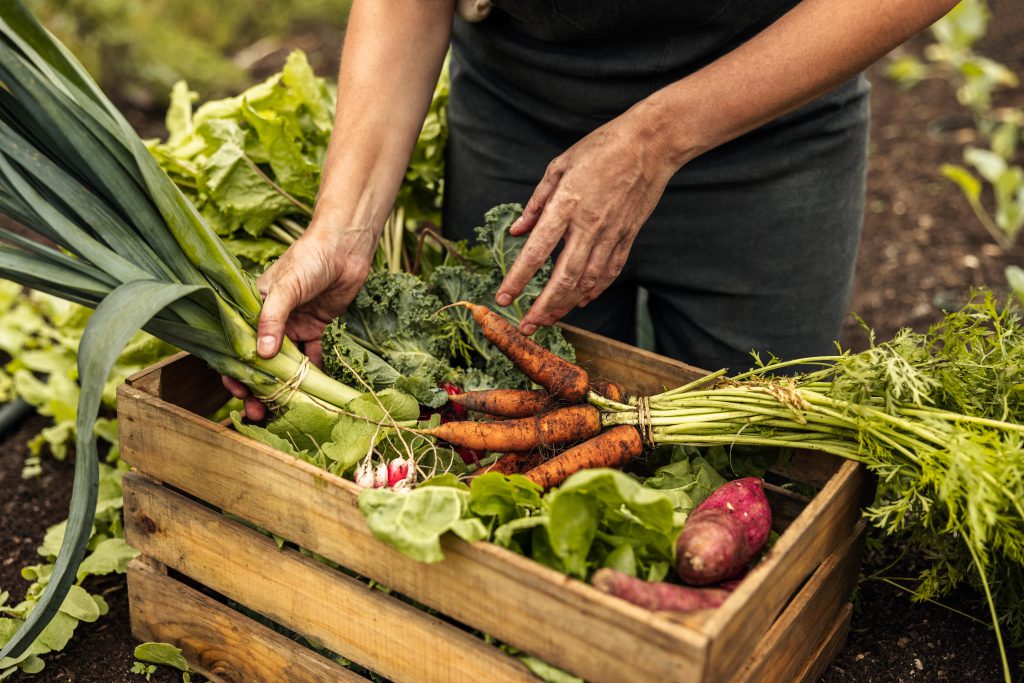Catering & Food
Catering costs in many schools are often the number one expense category – excluding staff salaries. In addition, the amount that is spent on catering varies greatly depending on the size and type of school(e.g.Day vs Boarding ) and how catering is managed (In-house or outsourced). Food content and quality together with a balanced and varied menu are also critical components for school catering success.
3 established KPI’s help give guidance as to efficiency of spend and value for money :
- Cost of food per pupil pa.
- Food cost per meal
- Cost of running the kitchen pa (i.e. labour, overheads, management charges etc).
There are numerous other KPI’s that can help improve how your money is spent and the quality of service delivered. For example, how much of the catering budget is actually spent on the food for pupils versus how much is spent on operating the kitchen. A 50/50 split would be a reasonable expectation but it is surprising how many schools spend more on overhead than actual food!
Quality KPI’s such as simple as attendance rates and satisfaction survey results give indicators of quality. Effective, quality school catering management revolves around managing many factors but good governance requires tracking a handful of KPI’s and this applies whether the service is outsourced or managed in-house.
So how can
Tepo Consulting help?
The reasons for an apparent poor performance in catering can have many causes and require specialist knowledge to identify.
We have therefore partnered with PHAR, catering and hospitality cost management consultants with a wealth of experience with schools and hotels across Switzerland since 2006.
The team at PHAR will deliver an independent and tailored Catering Provision Assessment for your school. The scope of this assessment is to review a number of key functional areas which are sufficient to identify where improvements can be made – For example:
- Adequacy of food allowances (menu planning)
- Review of non-core food costs (match teas, common rooms, hospitality).
- Purchase prices achieved (food and non-food).
- Sundry purchases (e.g. chemicals, disposables, deep cleans).
- Benchmarking of management fees and purchasing rebates
This assessment normally requires 1 day on site (and can include interviews with key stakeholders), 2 days’ remote report writing and final presentation of results.
If you are interested to know more, or wish to book an assessment, please get in touch with Tepo Consulting or contact info@phar.swiss or via the PHAR Website https://phar.swiss/en/home-page/

